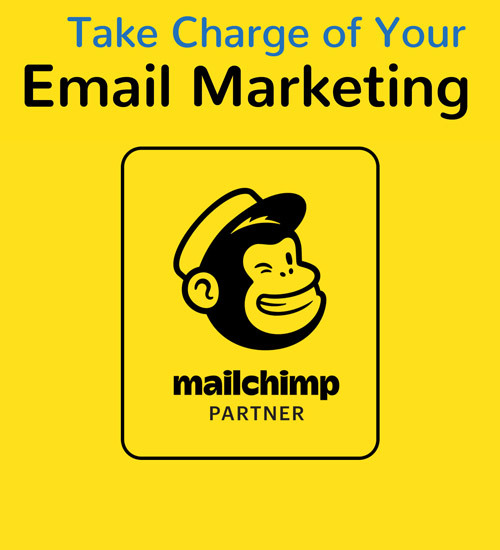Email Marketing Compliance – Navigating the Legal Landscape with Mailchimp
Email marketing is a powerful tool for reaching your audience, but it comes with a set of legal considerations that should never be overlooked. One critical aspect is compliance, especially when it comes to cold email outreach. In this guide, we’ll explore how to stay on the right side of the law with Mailchimp, paying careful attention to cold email practices and footer compliance.
Understanding Cold Email Outreach
Cold email outreach involves sending unsolicited emails to individuals or businesses with whom you have no prior relationship. While it can be an effective strategy when done right, it’s also an area where compliance is crucial.
1. Permission-Based Lists
Mailchimp’s compliance guidelines align with permission-based marketing. This means that, ideally, you should only send emails to individuals who have explicitly opted in to receive messages from you. Building and maintaining a permission-based list is a foundation of ethical and legal email marketing.
2. Cold Email Best Practices
If you intend to use cold email outreach, it’s essential to follow best practices:
- Clear Identification: Clearly identify yourself or your organization in the email.
- Provide Opt-Out: Include a visible and easy-to-use unsubscribe option.
- Honest Subject Lines: Avoid misleading or deceptive subject lines.
- Contact Information: Include valid contact information for your business.
- Respect Timing: Respect recipient time zones and send emails during appropriate hours.
3. Footer Compliance with Mailchimp
Mailchimp provides a convenient way to ensure footer compliance in your emails:
- Unsubscribe Link: Mailchimp automatically includes an unsubscribe link in the footer of your emails. This link is essential for allowing recipients to opt out from future communications.
- Physical Address: Your physical address is a legal requirement in many jurisdictions. Mailchimp prompts you to include this information in your email footer during campaign setup.
Legal Obligations
Email marketing laws, such as the CAN-SPAM Act in the United States or the GDPR in Europe, impose legal obligations on businesses and marketers. Here’s how Mailchimp helps you comply:
1. CAN-SPAM Act Compliance
- Unsubscribe Compliance: Mailchimp’s unsubscribe mechanism is compliant with CAN-SPAM requirements, making it easy for recipients to opt out.
- Sender Identification: Mailchimp automatically includes your sender identification in emails, meeting CAN-SPAM’s requirement for clear sender identification.
2. GDPR Compliance
- Data Protection Tools: Mailchimp provides tools and features to help you comply with GDPR requirements, including data processing agreements, data access requests, and consent management.
- Double Opt-In: Mailchimp’s double opt-in process aligns with GDPR principles of obtaining clear consent from subscribers.
In Conclusion
Navigating the legal landscape of email marketing is essential to protect your business and maintain ethical practices. With Mailchimp, you have a trusted partner in compliance. Whether you’re sending cold emails or building opt-in lists, Mailchimp’s features and guidance help you stay on the right side of the law.
Remember that compliance is an ongoing commitment. Keep up-to-date with email marketing regulations in your region and continually review and update your email marketing practices. By using Mailchimp responsibly and ethically, you can harness the power of email marketing while respecting the rights and preferences of your subscribers.




